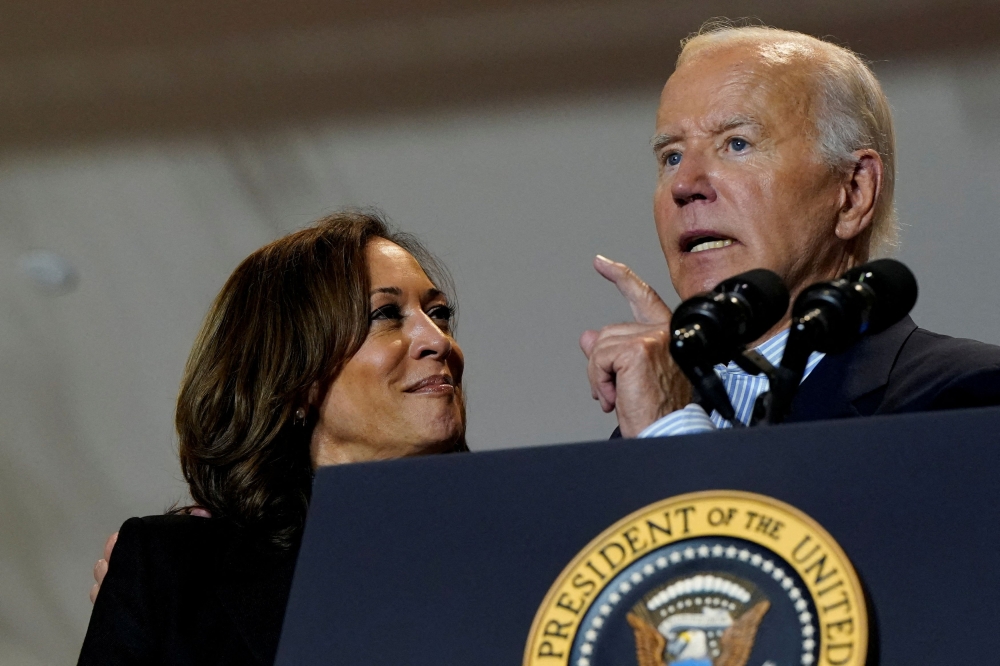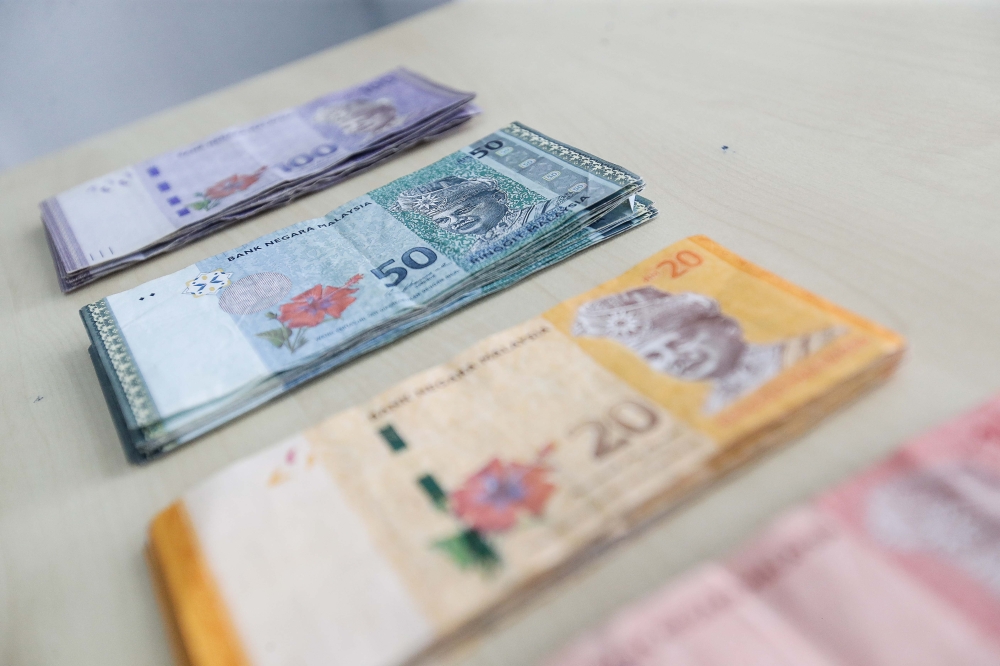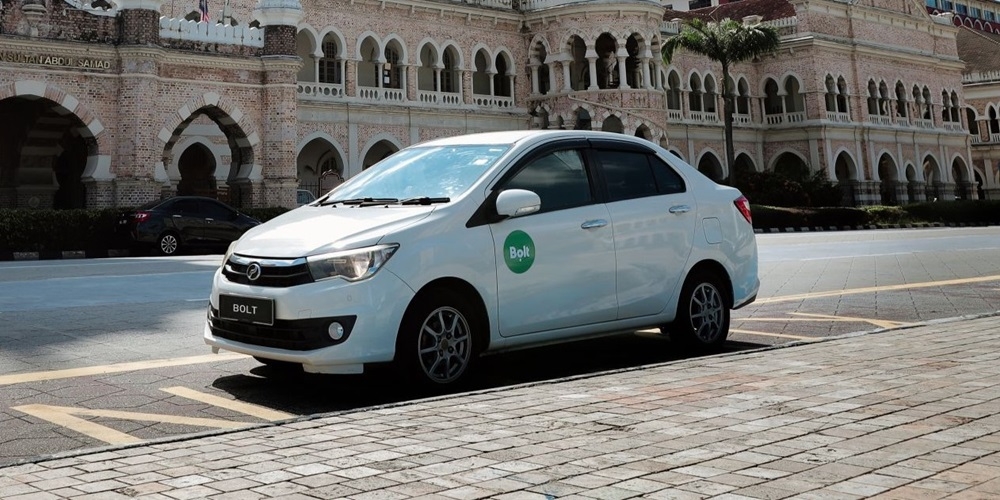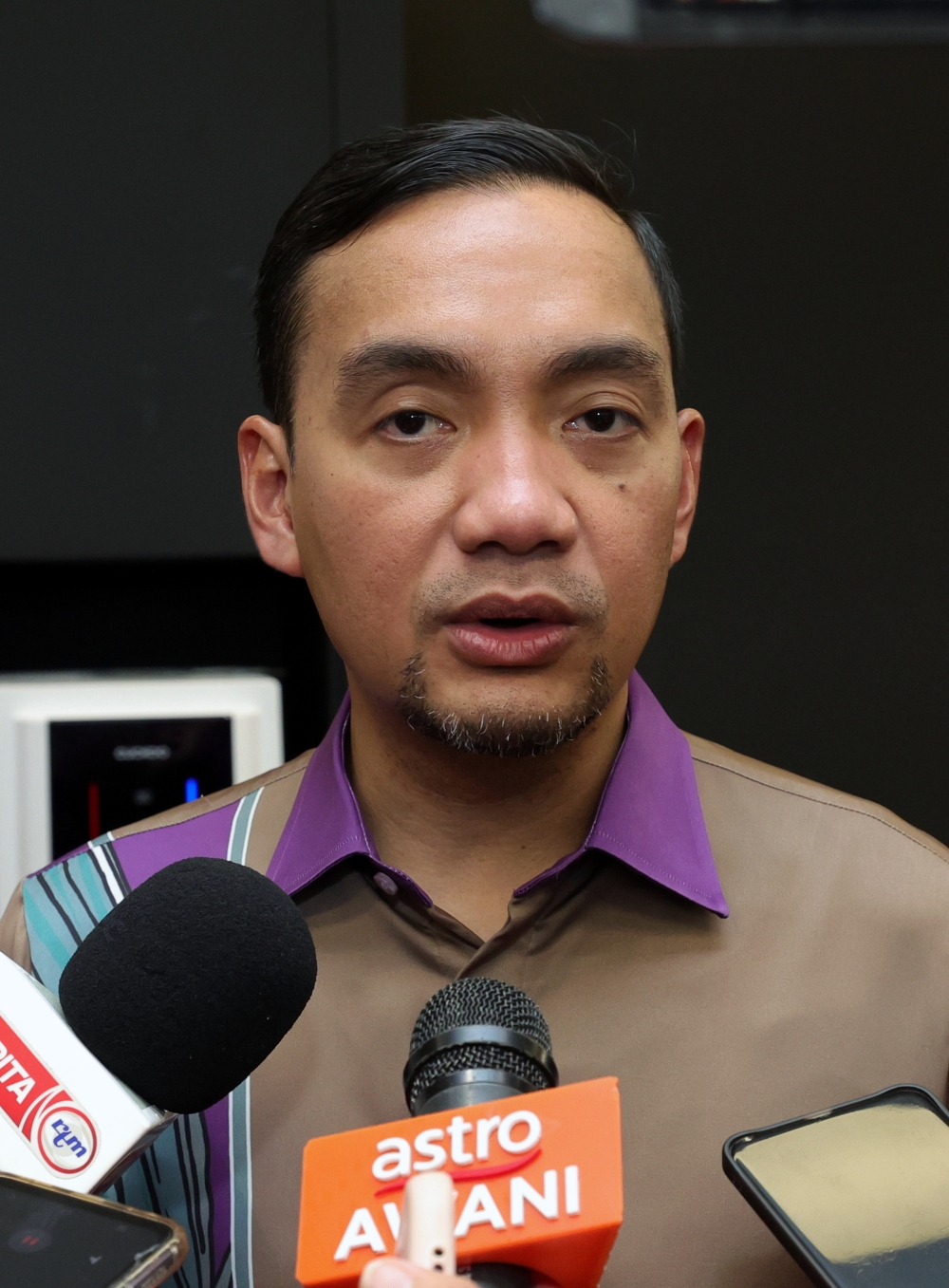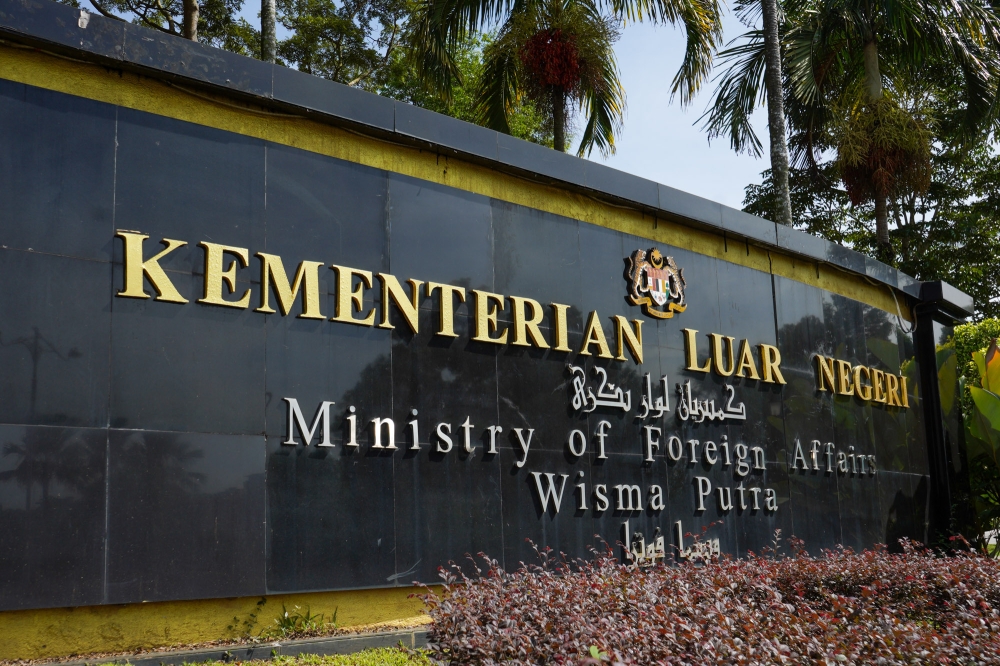NEW YORK, April 5 — UK’s main equity indexes slipped today as investors weighed the prospect of more sanctions against Russia, while bearish brokerage calls hit blue-chip stocks like Vodafone and Lloyds.
The export-oriented FTSE slipped 0.1 per cent, while the domestically focussed mid-cap FTSE 250 index fell 0.2 per cent.
Global miners such as Rio Tinto and Anglo American fell more than 1 per cent each. The wider industrial mining index retreated 1.4 per cent after hitting its highest in more than a decade in the previous session. Homebuilders dropped 1.6 per cent.
While overall markets trod with caution, the oil & gas index rose 0.5 per cent as crude prices advanced towards US$110 a barrel on plans by the United States and Europe to impose new sanctions to punish Moscow over civilian killings in Ukraine.
“We’re in choppy waters. You’ve had this rebound in growth names which hasn’t helped the UK in the short term,” said Rupert Thompson, an investment strategist at Kingswood.
“In the six — to 12-month horizon, we think the UK will outperform because we still buy the story that it is super cheap, and that there is going to be a further rotation into value.”
The FTSE 100 ended the first quarter with gains, faring better than its European and US peers as surging commodity prices boosted shares of mining and oil majors, while banks gained from the prospect of rising interest rates.
However, the index has stalled recently as investors remain concerned about the fallout from the war in Ukraine, inflation and quicker interest rate hikes.
Telecoms group Vodafone slipped 1.3 per cent as Berenberg downgraded the stock to “hold” from “buy”, while Lloyds Banking Group slid 0.6 per cent after Barclays cut it to “equal weight”.
Weighing on the mid-cap index, cybersecurity company Darktrace dropped 7.1 per cent after JP Morgan started its coverage with an “underweight” rating.
Transport operator Go-Ahead rose 6.2 per cent after it said it would reinstate its pre-Covid policy of paying a dividend to shareholders from fiscal year 2022. — Reuters



